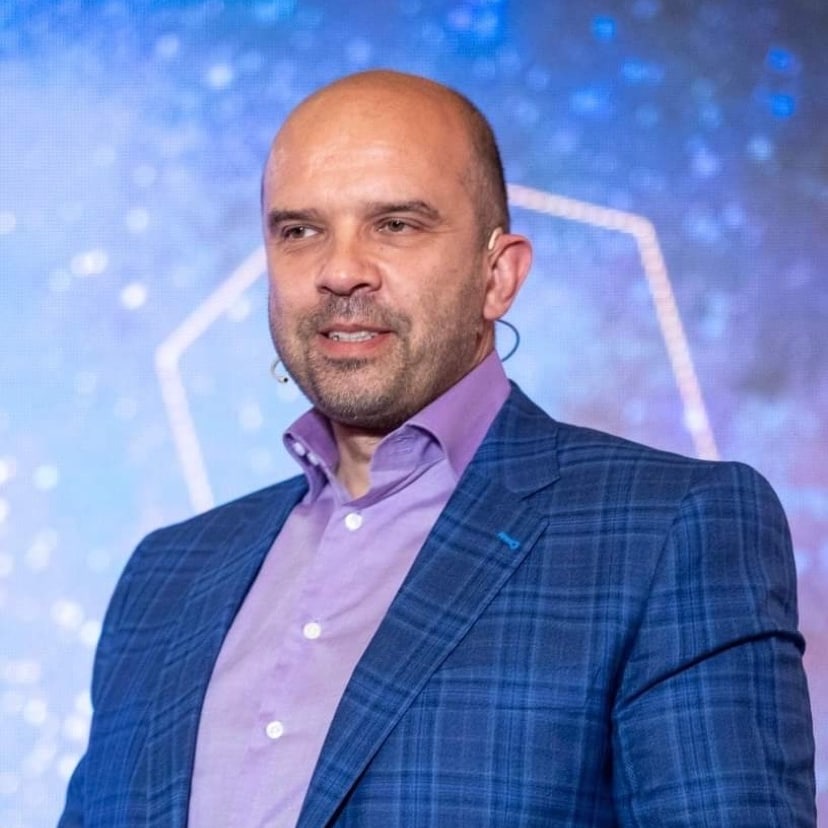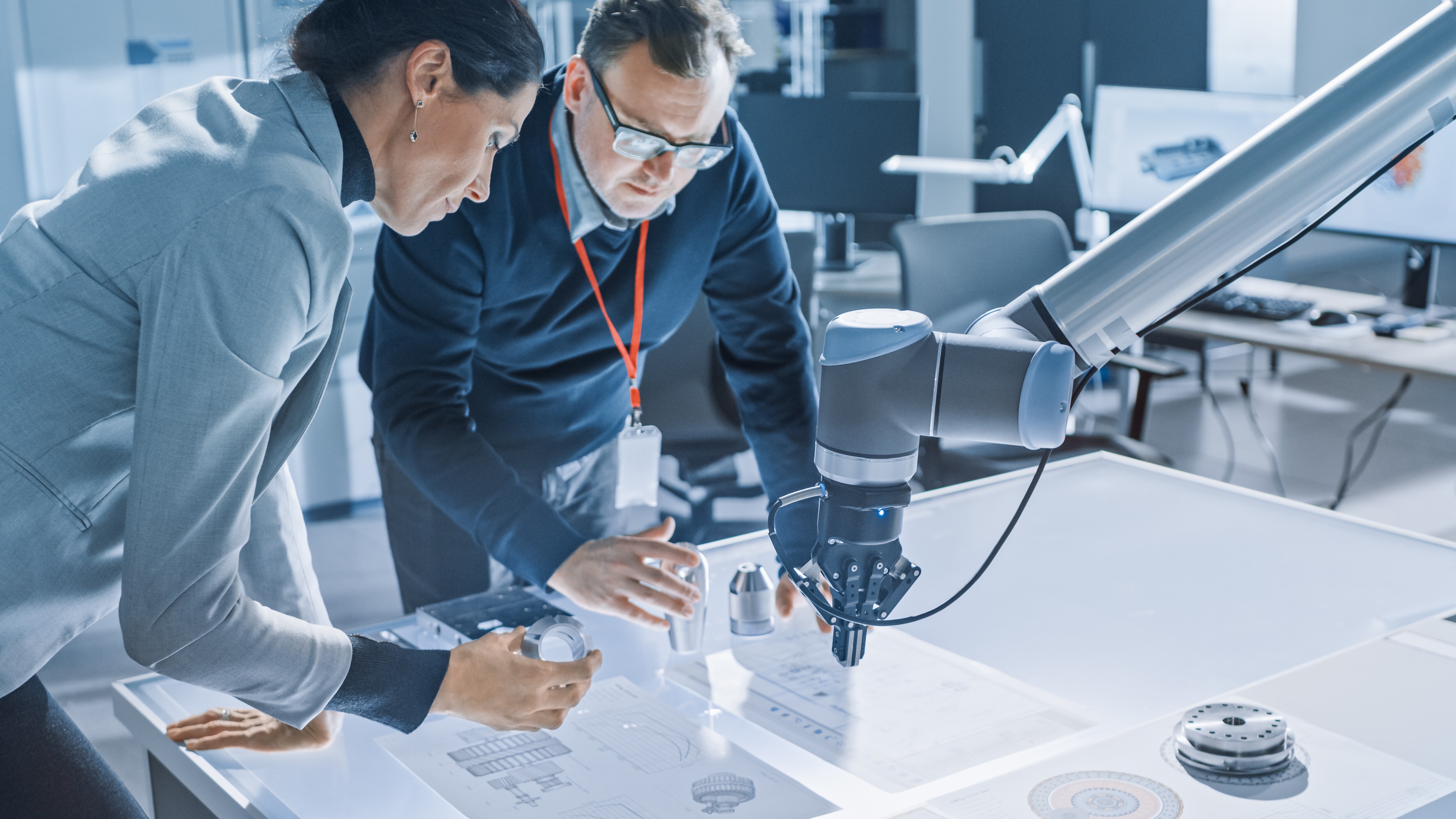
”In our opinion, it is necessary for all business leaders in Romania to become aware as soon as possible of the role of megatrends in society and the force with which they act, in a long-term and interconnected manner, to reshape industries and the competitive environment. Leaders must then focus their efforts on establishing a high-quality strategic decision-making process that sets a clear set of reinvention priorities, reallocates resources and explores ways to stimulate innovation to create a product portfolio that meets new customer needs.”
Download the full report
Explore the findings of the PwC Global CEO Survey for Romania and a comparison with the results of the global and regional editions
Growth prospects and threats
When it comes to the outlook for national economies, Romanian executives are split between those who expect local economic growth to accelerate and those who expect it to stagnate or decline. Optimism is more pronounced at the global and regional levels.
However, despite the numerous threats to business development, the leaders of organisations in our country remain optimistic about the positive development of the companies they manage over the next one to three years, as well as about the increase in the number of employees over the next 12 months. For example, CEOs in Romania consider their organisations to be particularly vulnerable to geopolitical conflicts and the lack of qualified human resources. Macroeconomic volatility and inflation complete the list of perceived key risks.

”In the current extremely tense context, the stability and predictability of the tax system are essential for the viability and development of businesses, allowing companies to plan for the long term and make strategic investments without fear of sudden changes that could affect their profitability. It is necessary for the authorities to adopt clear and coherent tax policies that support economic growth and ensure the long-term competitiveness of companies and the investment attractiveness of Romania.”

Continuous reinvention
Although global and Romanian CEOs’ optimism about the long-term viability of their organisations is higher than last year, but below the level recorded in 2023, they continue to recognise the need to reinvent their business models.
The pace of reinvention is slow because not all organisations are motivated enough. In addition, there are many barriers to reinvention, including the quality of decision-making, the low level of dynamic reallocation of resources between business units from one year to the next, and the discrepancy between the relatively short tenure of CEOs and the strong long-term forces at work. Identifying strategic actions that will enable organisations to thrive in the face of rapidly changing business environments remains essential to organisational success.

”The challenge for organisational leaders is to run the business as if they will be in office for the next ten years, when their tenure is likely to be much shorter. But to be successful, boards need to encourage, support and motivate the executive team to adopt a long-term strategic perspective in response to the pressures and imperatives of reinvention. While this aspect of corporate governance is not new, it is becoming increasingly important in this context.”
Download the report
Discover what CEOs think about the long-term viability of the business and the acquisition strategy
Artificial intelligence as a catalyst for business model adaptation
Two years after AI began to capture the attention of CEOs, the initial results of its use are promising. Business leaders remain generally optimistic about AI’s potential but are waiting for more solid results. 43% of executives in Romania believe that GenAI will lead to an increase in profitability in the next 12 months, a higher percentage than in the previous edition of the study (37%). Most CEOs anticipate that within the next three years, AI (including GenAI) will be systematically integrated into their company, particularly across technology platforms and business processes and operational workflows. Fewer plan to use AI to develop new products and services or to reshape core business strategy.
„We will see the expansion and diversification of use cases, from facial recognition in augmented and virtual reality applications, energy resource management, autonomous vehicles, space exploration, to assisted medical procedures (examination, diagnosis, treatment and intervention), natural disaster management, personalised education and smart agriculture. Today, the implementation of AI is a strategic choice for companies that want to thrive in the era of digital technologies, where innovation is the key to success.”

Climate change and green investment
Climate change and the transition to a sustainable economy are becoming increasingly important. Under scrutiny from customers, investors and employees, companies are under pressure to change their operating models, adapt their product portfolios and comply with ever-changing sustainability regulations and expectations. A third of CEOs believe that green investments made in the last five years have increased revenue from the sale of products or services. However, even though they appear generally willing to invest in the sustainability of their own organisations, business leaders are not prepared to lower the profitability threshold.
Regulatory complexity (policy changes, inconsistent local requirements) continues to be mentioned this year as the top barrier according to executives who have made green investments in the last 12 months.

Download the report
Find out what CEOs think about changes in their business model and investments in sustainability
Inside the mind of the CEO
What are the measures taken by the CEOs to cope with the challenges their companies face? What motivates them to remain optimistic about the future and the evolution of the local economy in the coming years? 5 top CEOs from Romania speak in the interviews included in this report about the priorities they have set and the actions they have planned to maximize the growth prospects of their companies: Alessio Menegazzo, CEO & Country Manager PPC România, Gilles Ballot, CEO Carrefour România, Sergiu Manea, CEO Banca Comercială Română, Elisabeta Moraru, Country Director Google România, Christina Verchere, CEO OMV Petrom.






